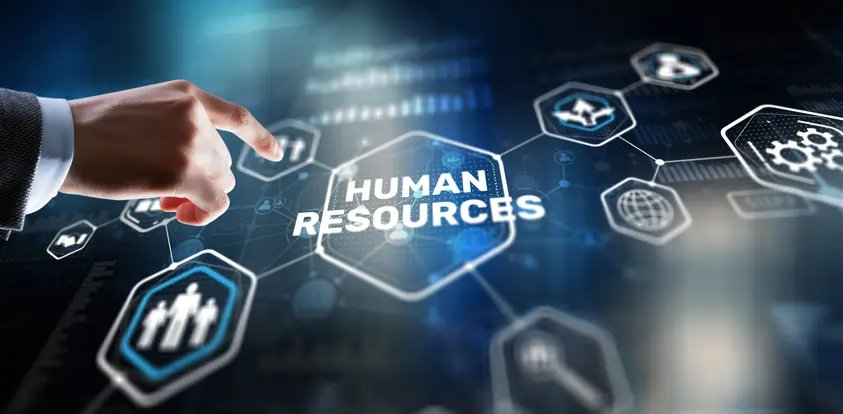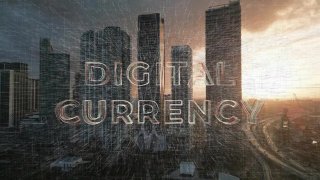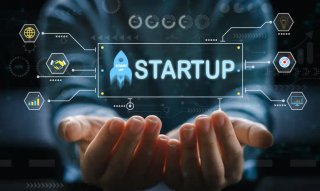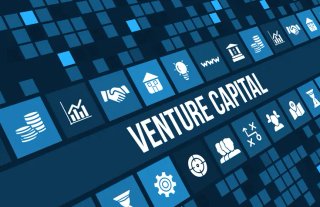Evolving Human Resources Practices: Key Trends Shaping 2025


As we enter 2025, Human Resources (HR) is experiencing significant transformations driven by technological advancements, evolving employee expectations, and global challenges. This article explores key trends redefining HR practices, supported by insights from reputable sources.
As we enter 2025, Human Resources (HR) is experiencing significant transformations driven by technological advancements, evolving employee expectations, and global challenges. This article explores key trends redefining HR practices, supported by insights from reputable sources.
Emphasis on Skills Over Degrees
Organizations are shifting focus from traditional degree qualifications to specific skills and competencies. This approach broadens talent pools, addresses skill shortages, and enhances employee retention. By prioritizing capabilities over formal education, companies can build more adaptable and proficient workforces. shrm.org
Advancements in People Analytics
The integration of people analytics is enabling HR professionals to make data-driven decisions regarding employee performance, engagement, and development. By leveraging data, organizations can predict workforce trends, enhance talent management strategies, and improve overall organizational effectiveness. shrm.org
Integration of Artificial Intelligence in HR
Artificial Intelligence (AI) is transforming HR functions, including talent acquisition, employee engagement, and training. AI-powered tools streamline processes, automate repetitive tasks, and provide valuable insights, enhancing efficiency and decision-making within HR departments.
Prioritizing Employee Well-being and Mental Health
Organizations are increasingly recognizing the importance of employee well-being and mental health. Comprehensive wellness programs, mental health resources, and flexible work arrangements are becoming standard offerings, contributing to higher employee satisfaction and retention.
Advancing Diversity, Equity, and Inclusion (DEI)
Diversity, Equity, and Inclusion initiatives are gaining momentum as organizations acknowledge the benefits of a diverse workforce. Implementing DEI strategies fosters an inclusive culture, drives innovation, and improves decision-making within companies.
Upskilling and Reskilling for the Future
Rapid technological advancements necessitate continuous learning. Organizations are investing in upskilling and reskilling programs to equip employees with the necessary skills to thrive in the digital age, ensuring organizational resilience and adaptability.
Adoption of Remote and Hybrid Work Models
The shift towards remote and hybrid work models has become a permanent fixture in the modern workplace. Investments in robust remote work infrastructure and leadership development for managing distributed teams are essential to maintain productivity and employee engagement.
Embracing the Gig Economy
The gig economy is expanding, with organizations increasingly engaging freelancers and contractors for short-term projects. This approach offers flexibility and access to specialized skills, allowing companies to adapt swiftly to changing market demands.
Enhancing Organizational Culture
Developing a positive organizational culture is a top priority for HR leaders. Fostering an environment that promotes employee engagement, satisfaction, and productivity is crucial for attracting and retaining top talent.
Navigating Regulatory Changes
HR professionals must stay informed about evolving labor laws and regulations. Proactively adapting to these changes ensures compliance and helps in maintaining a fair and equitable workplace. businessinsider.com
These trends underscore the dynamic nature of the HR landscape in 2025. Organizations that adapt to these changes and prioritize their employees' needs are well-positioned to succeed in the evolving world of work.
Explore more articles in the Trends category











